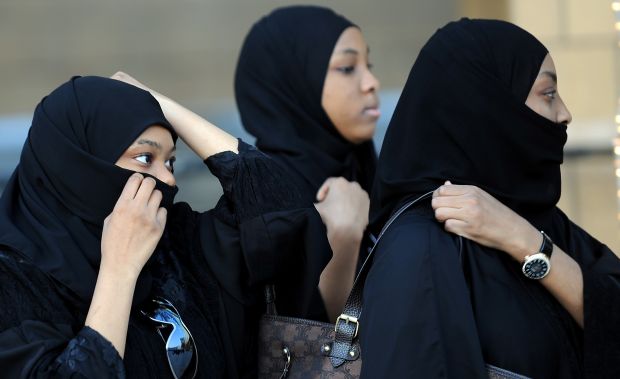The recommendation filed by three female members of Saudi Arabia’s Shura Council—Latifa Al-Shaalan, Haya Al-Mani, and Mona Al-Mashit—to lift the ban on women driving in the country must be praised.
This was a carefully considered Shura Council recommendation, economically, socially, religiously, and even psychologically.
The latest formation of the Saudi Shura Council includes 30 women from the country’s academic, medical, and educational elite, following a historic decision by the Custodian of the Two Holy Mosques, King Abdullah Bin Abdulaziz. All eyes have been on the performance of the Shura Council’s new female council members, and anybody monitoring the council’s deliberations can clearly see that its female members are outshining their male counterparts.
Three female council members taking the decision to issue this recommendation via the Shura Council represents an important and meaningful step. This is something that has raised the debate about women driving in Saudi Arabia from internet forums and the media to institutes of the state and the veins of government. This, in itself, is a big step forward, regardless of the ultimate fate of this recommendation.
The Shura Council rejected the calls for a discussion of the ban during a session on transport ministry matters under the pretext that this was “not within the transport ministry’s remit.” As if this issue is an issue of rules and regulations, rather than an issue of national and international concern. Indeed, this same pretext was used in May 2005 towards a similar proposal made by Shura Council member Mohamed Al-Zalfa, namely it was rejected on procedural grounds.
In spite of this, the discussion has now been transferred to a new horizon, a public and legitimate sphere. This will allow us to reach the expected moment of decision to an issue that remains a source of protracted controversy and debate all the more sooner. In my opinion, society has taken more time than necessary in talking over this issue, which was first raised in the 1970s, and remains a subject of debate today in 2013, more than a quarter of a century later.
The state has stated on more than one occasion that the entire issue is a social one, and that the state has no special position on women driving. So the recommendation put forward in the Shura Council by the three women is part of this issue’s social backdrop. Women driving, in Islam, is an “optional” issue, and this is an interpretation that is supported by many scholars. Therefore, those who oppose women driving are doing so based on a political view, and the policy of intimidation and bullying that they favor is nothing more than a mask that they use to hide behind.
Let us not talk about the economic or social or family affects that women driving may or may not have, nor the claimed distortion of relations between men and women. Let us instead say that the time has come to turn the page on the past and discuss this issue openly.
